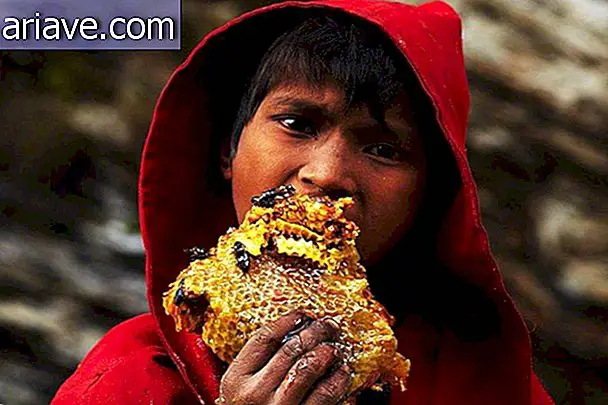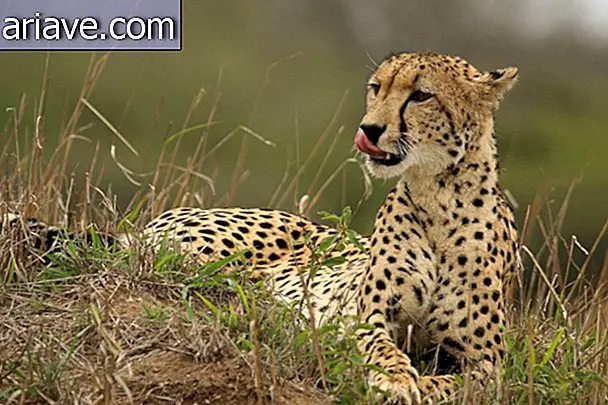What would our lives be like without pollinators?
Are you the type who follows a healthy lifestyle and does not give up on including too many salads and fruits in your diet? For if not for the pollinators - that is, animals like butterflies, bees, wasps, beetles etc. - The range of options would be much, but much more limited. And do you know what the problem is? The populations of some of these animals are experiencing a sharp decline in various parts of the world.
Nick Visser of The Huffington Post says Whole Foods Market, a US supermarket chain that specializes in marketing organic products, has decided to temporarily eliminate all items produced by pollinators from its units to show customers how to select foods. it would be dramatically smaller if not for the diligent work of these pets.
Stopping the breakdown

In total, supermarkets withdrew 37 which will become much scarcer - if they do not completely disappear from fairs and supermarkets - if populations of certain pollinators continue to decline. According to one of the company's global coordinators, nearly a third of all food produced in the world depends on the action of these animals, including cocoa, almonds, cucumbers, tomatoes, strawberries and broccoli.

As Nick Visser explained, there are already institutions linked to the US and European government, as well as independent organizations, working to curb the collapse of pollinator populations and even the extinction of some species. And according to one of the coordinators of one of these initiatives, everyone can help these animals with a fairly simple solution.
According to him, it is enough to plant wildflowers, whether in the garden or in pots - if you live in an apartment or do not have much space. After all, if you do your part and grow little plants, soon the pollinators will have a huge garden at their disposal. This way, these animals will continue to exist and perform their function in nature, and we will continue to have a beautiful variety of fruits and vegetables on our tables.











